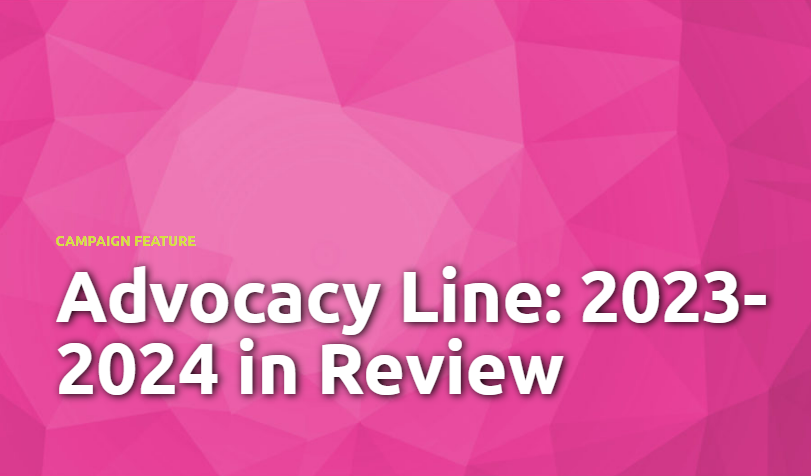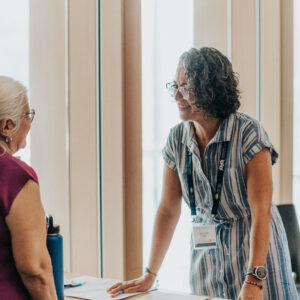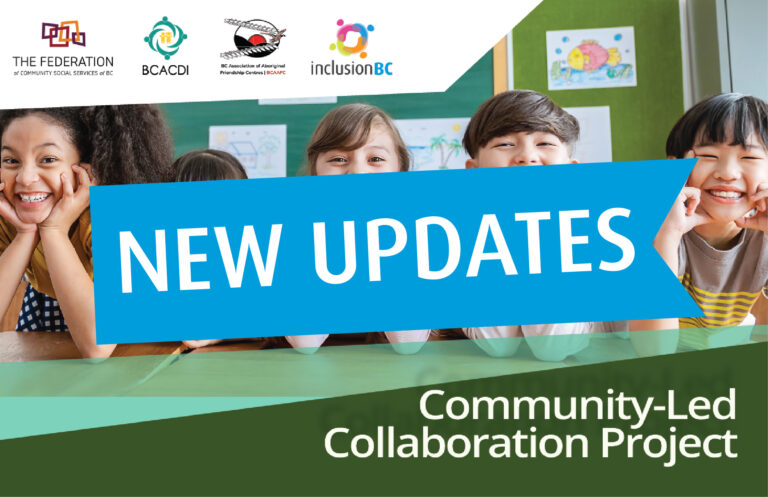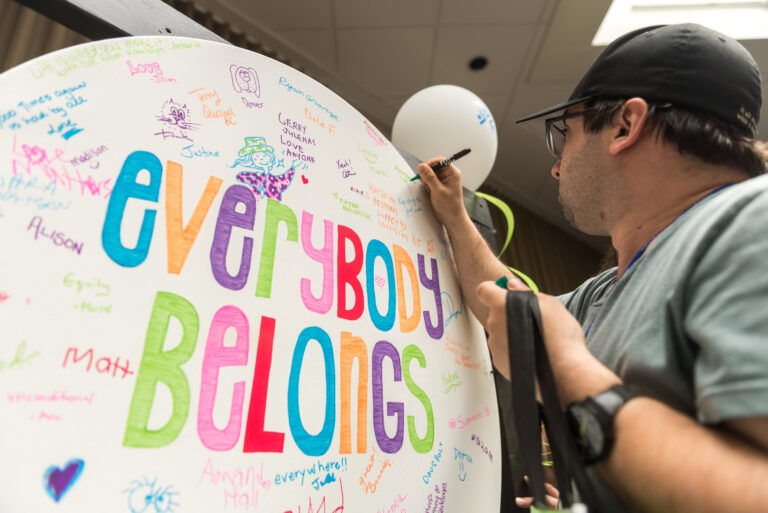

Beyond budgets, plans, and reports, the end of the fiscal year is a time we take to reflect on the people we have been supporting through our Community Inclusion Advocacy Program. We pause to appreciate the trust people have given us to support their advocacy and to reflect on the multiple barriers to inclusion that people with intellectual and developmental disabilities and their families are still facing. We think about successes and what they mean for a child, youth or adult who has been struggling to find a solution. We think about the work that still needs to be done to build awareness, inspire action, and advance rights, responsibilities, and social justice.
Over the course of the 2023–2024 year, Inclusion BC’s Advocacy Team was able to provide support in over 1,200 situations. This marked a significant 14% increase in requests for advocacy support from the previous year, contributing to an average yearly increase of 23% over the past four years. This data underscores the growing need for our services and the increasing recognition of the importance of our work. Furthermore, each call represents a story, a person and/or their family working to overcome barriers to inclusion. The top three issues represented in our calls include barriers to equitable access to education, access to disability support for adults and access to disability benefits.
Types of Calls we Received:
| 48% | Access to K-12 Education |
| 15% | Transition and Access to Disability Support for Adults |
| 8% | Barriers to Access to Persons with Disabilities Benefits |
| 5% | Access to Health Services, including Mental Health Services |
| 6% | Housing Instability |
| 4% | Access to Services from the Ministry of Children and Family Development |
| 4% | Access to Early Childhood Services and Supports |
| 4% | Access to Employment |
| 6% | Other Disability Supports |
We are deeply grateful for the kind messages we have received from the people we have supported. One of the most impactful comments we receive is when someone says, ‘I learned from my advocate how to do it, and I know I can do it by myself.’ This statement captures our belief in the power of self-advocacy, and it is reaffirmed when 96% of the people we surveyed tell us they understand better how to navigate support in their community after they receive our support. Additionally, 96% of people surveyed also feel they have more tools or skills to advocate on their own in the future. We are committed to giving people the tools, knowledge, and confidence to become strong self-advocates in their own lives and communities.
The ripple effects of our work are also seen when 100% of the people who answered our advocacy survey say that they feel more equipped to provide leadership in their community to advance inclusion for children, youth, and adults. We hope the knowledge is shared far and wide, strengthening community leadership.
It is not lost to us the multiple and challenging circumstances people face. Each one of these stories is taken into account to guide our systemic advocacy. We remain committed to working for policy changes that challenge ableism, eliminate barriers, and contribute to creating a world where everybody belongs.
We hope you join us in appreciating the impact that our Community Inclusion Advocacy Program has on people’s lives. We invite you to be part of that impact; please consider donating so we can continue doing this work in the years to come.
This article was featured in the latest edition of our monthly newsletter, Inclusion in Action. Subscribe today to receive regular updates with stories like this.


